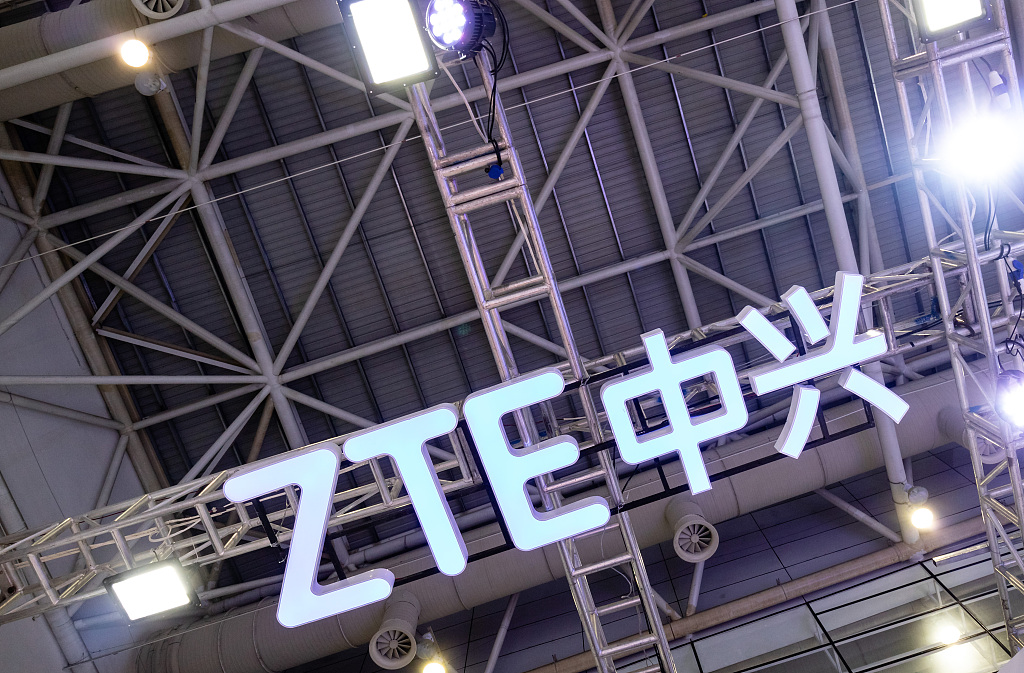Reuters reported Friday that Chinese telecommunications company ZTE inked in March a nearly $30 million contract with Jujuy, a northern province in Argentina, to "provide cameras, monitoring centers, emergency services and telecommunications infrastructure."

(Photo: VCG)
The deal was little reported, but caused concerns in Washington, which warned Argentina that Chinese technologies could be used to spy on its customers, according to the Reuters report.
Ekel Meyer, Argentina's security minister, said that residents were willing to accept the installation of security cameras in exchange for safer streets. The explanation was quite straightforward: Argentina has good reason and capability to open its doors to Chinese technologies.
When Chinese technologies are needed by others with a price advantage, it is only natural to check out deals and seek cooperation with China and the world. If the US possessed the same or even better technologies, other countries would want them too.
Washington, however, is not competing in a fair way. Instead, it is accusing China of using its technologies worldwide for political reasons, creating an impression that all Chinese stuff comes with no freedom and human rights and any use of Chinese technologies is a violation of freedom and human rights.
When the US first invented the internet, it invited countries across the globe to be connected by the network. At that time, Washington couldn't care less about the boundaries of technologies as it had absolute dominance in many fields to formulate global rules. But now Chinese firms are closing the technological gap so fast with increasingly stronger competitiveness. Washington eyes the threat of losing its edge and capability to make rules in the field of technology. Against this backdrop, it farcically accuses more and more Chinese companies of so-called Chinese state spying.
The point is that the US offered little evidence to support its allegations. US allies, which are under continuous pressure from Washington to pick sides, are feeling stressed. Nick Read, chief executive of British mobile phone operator Vodafone, said in February that "people are saying things at the moment that are not grounded… I have not seen what evidence they have (on the claim that Huawei is a vehicle for Chinese spy operations)."
Be it communication or monitoring technologies, Chinese products have brought the people more freedom and human rights, not the other way round.
When it comes to Argentina or other countries, the point is not whose technologies they use, but how they are using the technologies.
As a Latin American country, Argentina is considered by the US as its own backyard. The US is more concerned about China's influence in its own backyard rather than the Chinese technologies itself.
In labeling Chinese technologies a tool of so-called Chinese state spying, Washington is mixing business with politics. In the end, the US is losing precious time to innovate. As former US Treasury secretary Henry Paulson said, "Innovation is one of America's defining strengths. We need to protect it, but without erecting an economic iron curtain."


